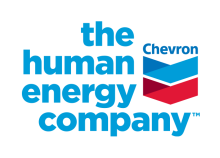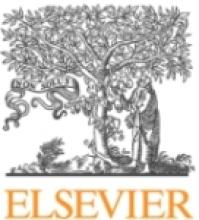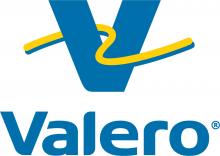9th Process Safety Management Mentoring (PSMM) Forum
The Process Safety Management Mentoring (PSMM) Forum is one of five parallel sessions that comprise the Global Congress on Process Safety (GCPS). The PSMM Forum is a tutorial-based track aimed at professionals who may be new to the field of process safety, those who now have a management role in process safety and to those interested in strengthening their knowledge of process safety. The principle behind the PSM2 Track are to highlight tools, techniques and lessons learnt that would enhance delegates’ understandings of the applications of process safety.
2020 PSMM Chairs
Papers are selected by session chairs based on an abstract of 100-200 words. The abstract must offer a brief account of the contents, conclusions, and the relevance to the topic area. Submitted abstracts must include the author, their affiliation, full address, email, and phone number. The papers will be published in the GCPS proceedings.
Encouraged topics for this conference include:
- Tutorials in Process Safety – six sessions in partnership with other tracks in the 2020 GCPS for Call for Abstracts (CFA)
- What Should be Keeping You Up at Night But Isn’t: Things Everyone Should Know about Process Safety – focused broadly on hazard recognition and lessons learned from careers in Process Safety
- What I need to know when I get up in the morning – focused on strategies and lessons to be learnt when bridging the gap between “the newly qualified or new to the role” and professional expectations in the field of Process Safety.
PSMM Chair
-
Brian Dickson, PSMM_chair@aiche.org
Session Topic Descriptions:
Tutorials in Process Safety – six sessions in partnership with other tracks in the 2020 GCPS for Call for Abstracts (CFA)
The objective of these sessions is to a provide process safety introductory and basic key skill sessions tutorials for attendees and are co-sponsored by three main symposia tracks in the Global Congress: Loss Prevention Symposium (LPS), the Center for Chemical Process Safety (CCPS) International Conference, and the Process Plant Safety Symposium (PPSS). Examples of topics include the following:
- Loss Prevention Symposium (LPS) – focused on technological advances in process safety
- Center for Chemical Process Safety (CCPS) International Conference – focused on promoting and advancing process safety management practices
- Process Plant Safety Symposium (PPSS) – focused on application of best practices for personnel at the plant level
What Should be Keeping You Up at Night But Isn’t: Things Everyone Should Know about Process Safety – focused broadly on hazard recognition and lessons learned from careers in Process Safety.
Hazards may go unrecognized or underappreciated due to a variety of influences. Ignorance of the hazard is a convenience excuse after an incident. This session is intended to be a preemptive strike at this ignorance. Unlike the Day PSM Hit Home, talks in this session need not be motivated by an incident. Rather, talks should focus on the incident that hasn’t occurred, and how to recognize it. Example topic areas include: investigation and sharing of lessons learned from near misses; hazard identification; operational discipline; human reliability, what lies behind the “mass of safety metrics”.
Presentations that future client/consultant shared case studies that would provide learning outcomes that other companies could follow are encouraged to submit here.
What I need to know when I get up in the morning – focused on strategies and lessons to be learnt when bridging the gap between “the newly qualified or new to the role” and professional expectations in the field of Process Safety.
It is a call for four speakers to provide a 15 min presentations and participate with a 30 min panel Q&A session to complete the session based on:
“To give at those new to process safety, those who seek to expand or refresh their knowledge, and experienced professionals wish to can stand back and reflect on their current practices time listening to some of the current challenges Safety Professionals face in their daily activities”
This session will share best practices and lessons learned for mid- and late-career professionals in supervisory roles, tasked as mentors to young professionals in the field of Process Safety, while also providing benefit to those newer to field. Example topic areas could include: Strategies for backfilling PSM expertise; Long-term mentorship; What to expect / not expect from recent graduates or those new to Process Safety: how/can E-Learning/ Virtual training fill the knowledge gap: What should “Competency” for young professionals look like.

















